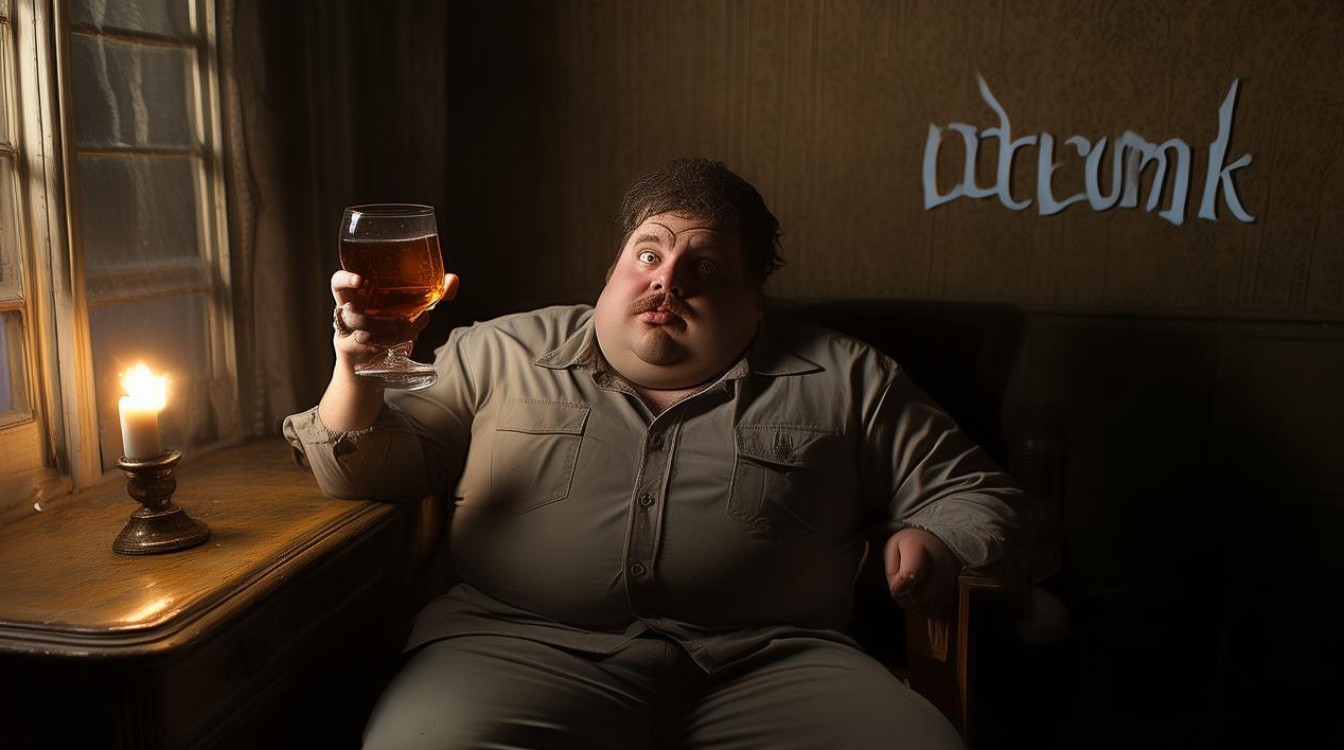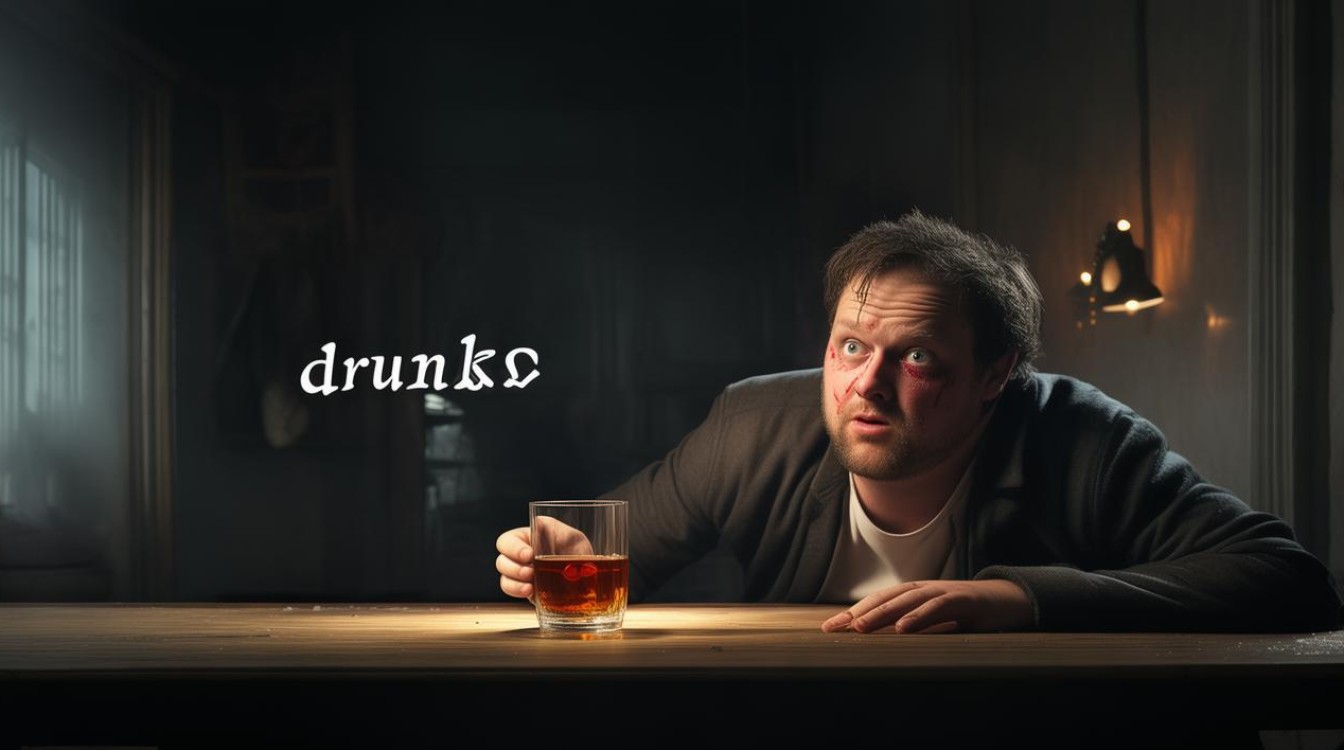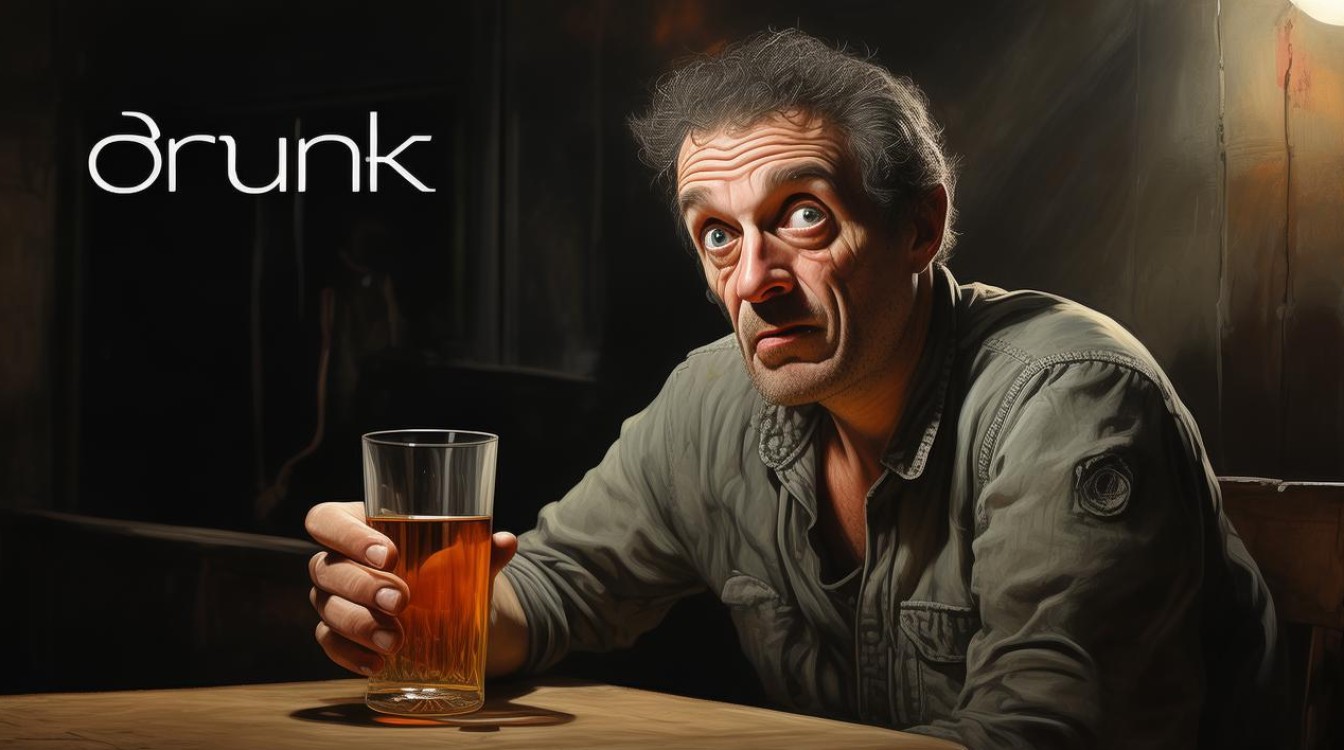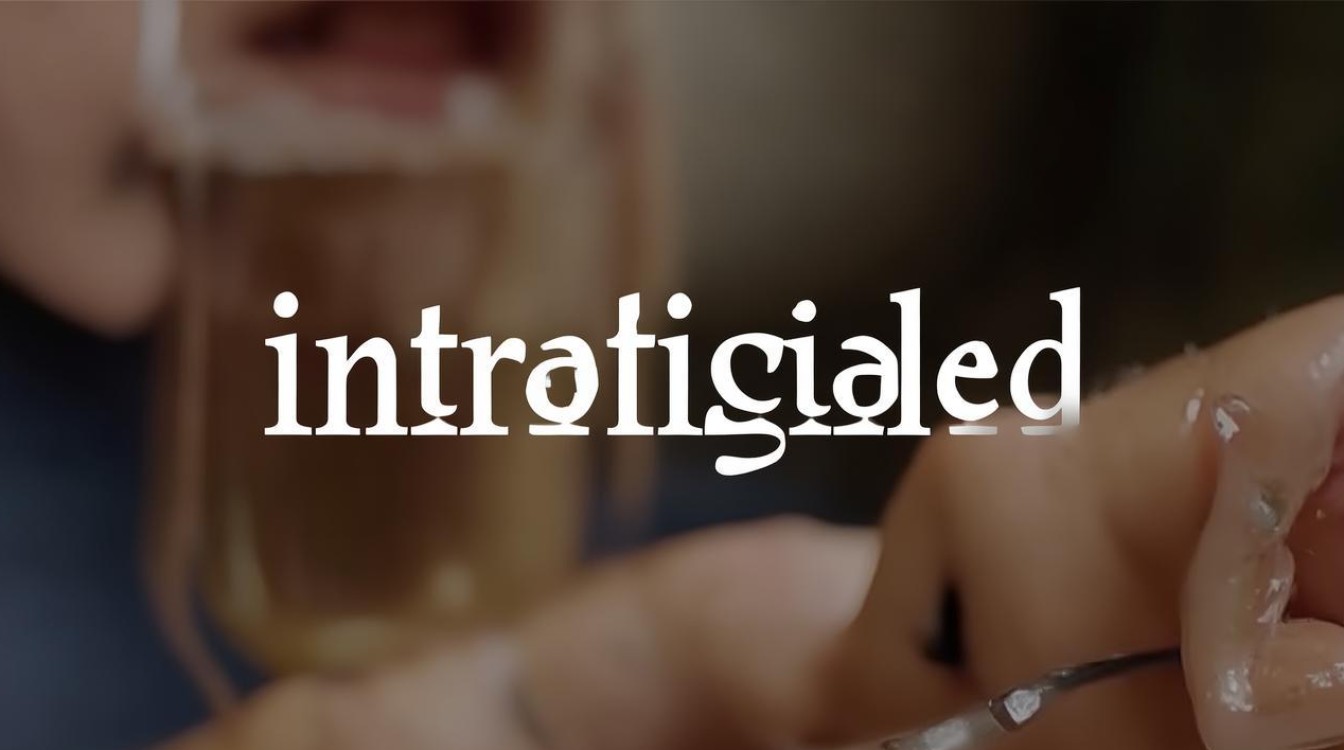在英语中,表达“醉酒”有多种方式,不同的词汇和短语可以传达不同程度的醉酒状态,甚至带有不同的情感色彩,无论是正式场合还是日常交流,选择合适的词汇能让表达更准确。

Drunk —— 最常见的表达
“Drunk”是最基础的词汇,表示“喝醉的”,它是一个形容词,可以直接描述人的状态。
例句:
- He got drunk at the party last night.(他昨晚在派对上喝醉了。)
- She was too drunk to drive.(她醉得无法开车。)
“Drunk”也可以作名词,指“醉酒的人”,但这一用法较少见。
Intoxicated —— 正式用语
“Intoxicated”比“drunk”更正式,常用于法律或医学语境,表示“因酒精或药物影响而失去正常判断力”。
例句:
- The driver was arrested for driving while intoxicated.(司机因酒驾被捕。)
- The hospital treated several intoxicated patients.(医院收治了几名酒精中毒的患者。)
Tipsy —— 微醺状态
“Tipsy”指轻微的醉酒状态,比“drunk”程度轻,通常带有轻松愉快的意味。
例句:
- She felt a little tipsy after two glasses of wine.(两杯葡萄酒下肚,她有点微醺。)
- He was just tipsy, not completely drunk.(他只是微醉,还没完全喝醉。)
Wasted —— 极度醉酒
“Wasted”是俚语,形容醉得非常厉害,甚至失去行动能力,这个词在非正式场合使用较多。
例句:

- They got completely wasted at the club.(他们在夜店喝得烂醉。)
- I was so wasted that I couldn’t remember anything.(我醉得一塌糊涂,什么都不记得了。)
Hammered —— 俚语中的烂醉
“Hammered”和“wasted”类似,表示醉得非常严重,通常带有夸张的语气。
例句:
- He got hammered at his birthday party.(他在生日派对上喝得不省人事。)
- She was hammered after just three drinks.(她才喝了三杯就醉得不行了。)
Plastered —— 醉得不省人事
“Plastered”也是俚语,形容醉到几乎无法正常行动的状态。
例句:
- By midnight, half the guests were plastered.(到了午夜,一半的客人都醉倒了。)
- He came home plastered and fell asleep on the couch.(他醉醺醺地回到家,倒在沙发上睡着了。)
Smashed —— 喝得烂醉
“Smashed”同样表示极度醉酒,在口语中很常见。
例句:
- We got smashed at the bar last night.(昨晚我们在酒吧喝得烂醉。)
- She was totally smashed after the wedding.(婚礼结束后,她醉得不成样子。)
Buzzed —— 轻微兴奋
“Buzzed”指喝了一点酒,感觉有点兴奋,但尚未达到醉酒的程度。
例句:
- I’m just buzzed, not drunk.(我只是有点兴奋,还没醉。)
- He likes to get buzzed before social events.(他喜欢在社交活动前喝点酒放松一下。)
Legless —— 英式俚语
“Legless”是英式英语中的俚语,字面意思是“没有腿的”,形容醉到站不稳的状态。

例句:
- After six pints, he was completely legless.(喝了六品脱啤酒后,他醉得站都站不稳。)
- She ended up legless at the pub.(她在酒吧喝得酩酊大醉。)
Blotto —— 幽默说法
“Blotto”是一种幽默的表达方式,形容醉得不省人事。
例句:
- He drank so much that he was blotto by 9 p.m.(他喝得太多,晚上9点就醉倒了。)
- She went out with friends and came home blotto.(她和朋友出去喝酒,回来时醉醺醺的。)
Three Sheets to the Wind —— 航海俚语
这个短语源自航海术语,形容醉得东倒西歪,像帆船失去控制一样。
例句:
- By the end of the night, he was three sheets to the wind.(到了深夜,他已经醉得东倒西歪。)
- She was three sheets to the wind after the champagne toast.(香槟祝酒后,她醉得摇摇晃晃。)
Under the Influence —— 法律用语
“Under the influence”通常指受酒精或药物影响,常见于法律文件或新闻报道。
例句:
- He was charged with driving under the influence.(他被指控酒驾。)
- The accident was caused by someone under the influence.(事故是由一名受酒精影响的人引起的。)
Pickled —— 幽默说法
“Pickled”字面意思是“腌制的”,在俚语中表示“醉得很厉害”。
例句:

- He got himself pickled at the office party.(他在公司聚会上喝得烂醉。)
- She was absolutely pickled by midnight.(到了午夜,她已经醉得不行了。)
Sloshed —— 口语表达
“Sloshed”是口语中常用的词,形容醉得厉害。
例句:
- They got sloshed at the beach party.(他们在海滩派对上喝得酩酊大醉。)
- I was so sloshed that I couldn’t find my keys.(我醉得连钥匙都找不到了。)
Loaded —— 俚语
“Loaded”可以指“有钱”,但在俚语中也可以表示“喝醉”。
例句:
- He was loaded after just a few drinks.(才喝了几杯,他就醉了。)
- She came home loaded and passed out on the couch.(她醉醺醺地回到家,倒在沙发上睡着了。)
如何正确使用这些词汇
不同的场合需要不同的表达方式:
- 正式场合:使用“intoxicated”或“under the influence”。
- 日常对话:可以用“drunk”“tipsy”“wasted”等。
- 幽默或夸张:选择“blotto”“pickled”“three sheets to the wind”等。
英语中有大量词汇描述醉酒状态,选择合适的表达能让语言更生动,无论是微醺还是烂醉,都能找到对应的词汇。


